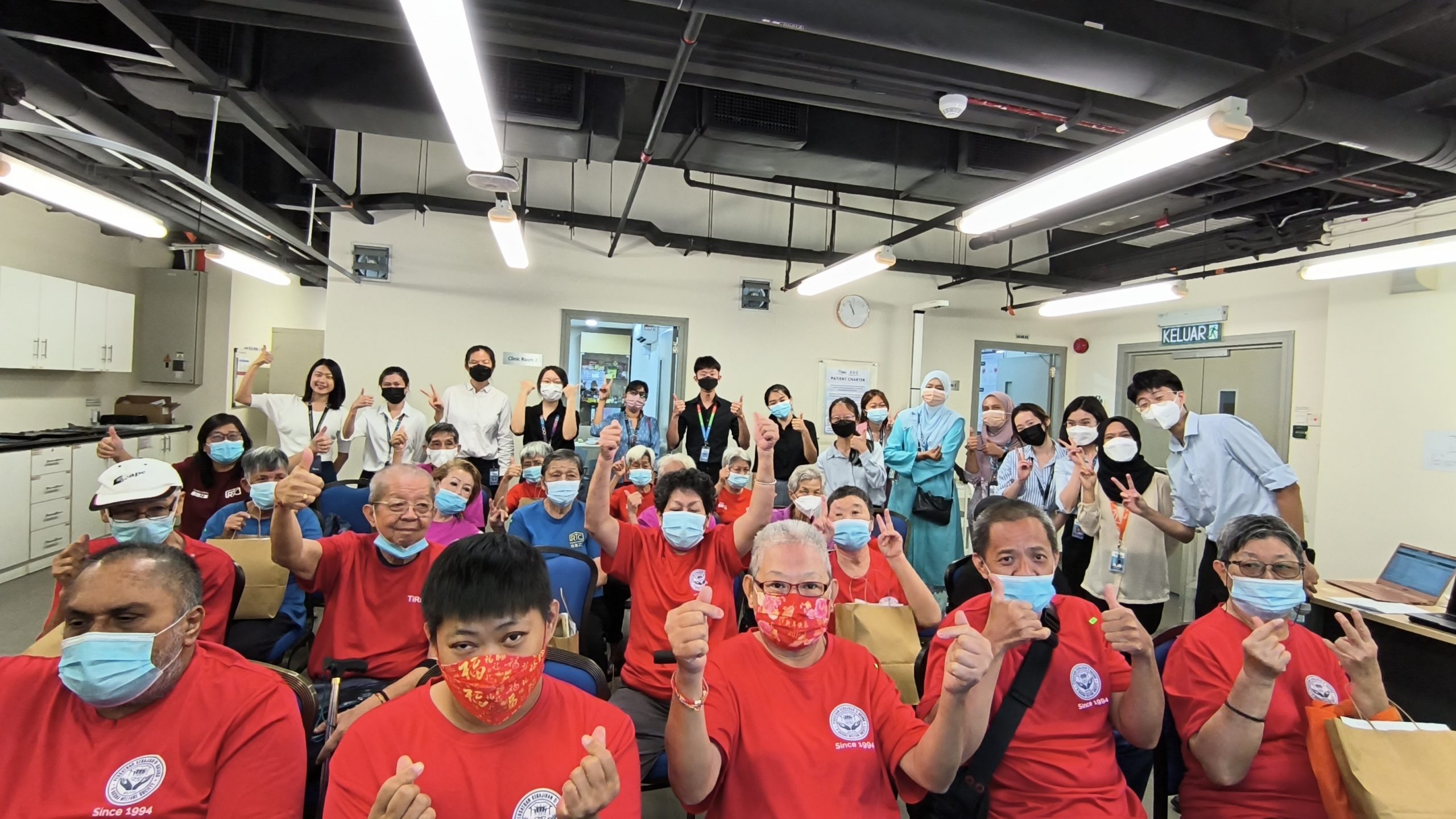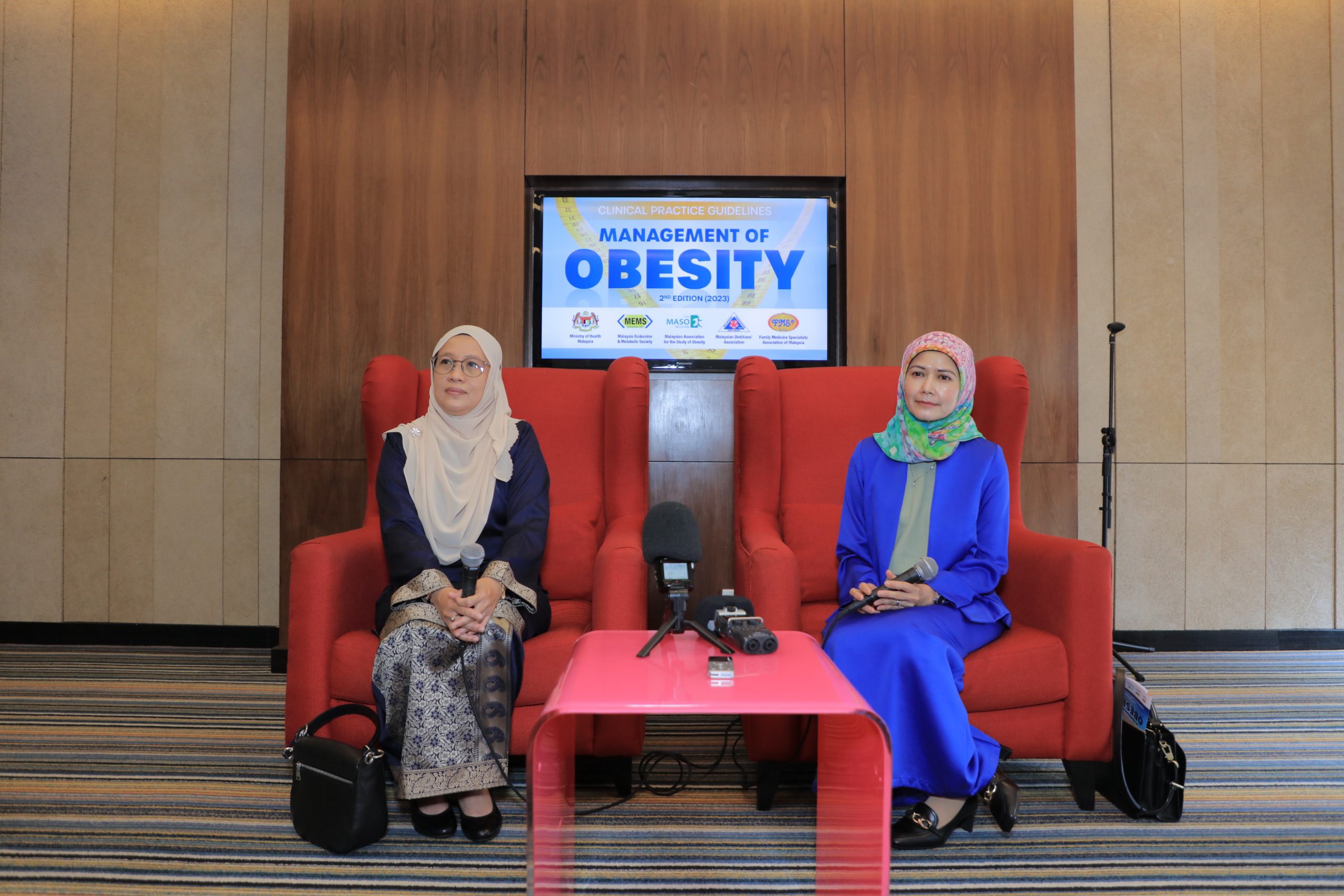WORDS LIM TECK CHOON
The International Medical University (IMU) recently opened the doors of the IMU Student Dietetics and Wellness Clinic. It had its official launch on 19 September 2023.
HIGHLIGHTS OF THE LAUNCH
HealthToday had the opportunity to meet the staff of the clinic as well as Professor Dr Winnie Chee, the Pro Vice-Chancellor Academic of IMU, to find out more about the clinic.
We are greatly indebted to them for their time and their willingness to provide answers to the following questions!
WHAT SERVICES ARE AVAILABLE AT THE CLINIC?
It offers many services comparable to other dietetics clinics. However, the clinic offers these services free of charge.
Individualized Meal Planning
It can be challenging to navigate through various foods to plan the right meals for one’s optimal health and maintenance of one’s ideal body weight.
The staff of this clinic can meet with an individual and their loved ones to help design personalized daily meals based on the individual’s health status, their food preferences, and other factors.
Given that a healthy, balanced diet is key to good management of chronic diseases such as type 2 diabetes, high blood pressure, and more, this service will be especially helpful to those with these conditions.
YOU MAY FIND INIVIDUALIZED MEAL PLANNING HELPFUL IF YOU HAVE THE FOLLOWING: |
|
Body Composition Analyzer
This is a series of non-invasive tests to measure a person’s fat mass and muscle mass.
These tests are also a good way to find out whether the person is at risk of not getting enough nutrients to maintain good health and proper functioning of the body (malnutrition).
A student dietitian can advise the individual accordingly based on the test results.
To register for your free session, click here. The link opens in a new tab.
Public Talks and Workshops
Members of the public can attend educational talks, cooking demonstrations, and more—free, of course!
They can follow the social media of the clinic (see below) to stay updated on upcoming talks and other public events.
WHERE IS THIS CLINIC?
It’s located at the International Medical University building at the following address:
Student Dietetics & Wellness Clinic
Level LG at the International Medical University
126 Jalan Jalil Perkasa
57000 Bukit Jalil
Kuala Lumpur
Opening hours: Monday to Thursday, 10.00 am to 4.00 pm during the final year dietetics practicum semesters.
Check the social media of the clinic (see below) for the latest updates.
Find the clinic on Google Maps
Do I Have to Travel to the Clinic Personally to Obtain Its Services?
Since the clinic has just opened its doors, for the time being only face-to-face consultation is available.
There are plans for telehealth services in the future, however. Interested parties can follow the social media of this clinic (see below) for future updates.
SO, IT’S A CLINIC STAFFED BY STUDENTS?
Yes, it’s a student-led diet clinic is a clinic managed and run by final year dietetics students.
These students are supervised by registered dietitians that are part of the IMU staff and they work in close collaboration with the public and communities in the surrounding area in Bukit Jalil and beyond.
Professor Dr Winnie Chee proudly tells us that while the clinic was conceptualized by the IMU School of Health Sciences, the enthusiastic students were responsible for all the planning, resources, programmes, and marketing of the services, as well as quality monitoring and management of the day-to-day operations of the clinic.
Wait, So Are These Students ‘Real’ Dietitians?
Don’t worry, these are final year dietetic students under the Bachelor of Science (Hons) Dietetics with Nutrition programme under the School of Health Sciences at IMU.
Therefore, they possess the necessary knowledge to help their clients.
What they lack is real world experience, which will be provided by this clinic. It will give these students training and experience on how to set up and manage a dietetics clinic as well as to instill in them an entrepreneurial mindset—thus making them more well-rounded dietitians when they graduate!
Throughout it all, every session will be supervised by a clinical educator, who is a registered dietitian.
If a medical emergency were to occur, the person will be directed to relevant healthcare professionals at IMU Health that are just nearby.
Hence, you don’t have to worry about receiving ‘inferior’ advice and help from this clinic!
HOW DO I MAKE AN APPOINTMENT?
Just fill in the online form found on their Facebook page.
HOW LONG IS EACH SESSION?
It can vary on a case-by-case basis.
Typically, the first session may take up to 1 hour. During this session, you may be asked to go through some simple, non-invasive tests and be asked about your medical history, current dietary preferences, etc.
Subsequent sessions—also free—may take about 30 minutes. The clinic will follow-up with you during these sessions to monitor your progress. If you’re having difficulties following your new meal plan, the staff will offer advice and help to get you back on track.
STAY CONNECTED WITH THE CLINIC |
| Facebook | Instagram |


